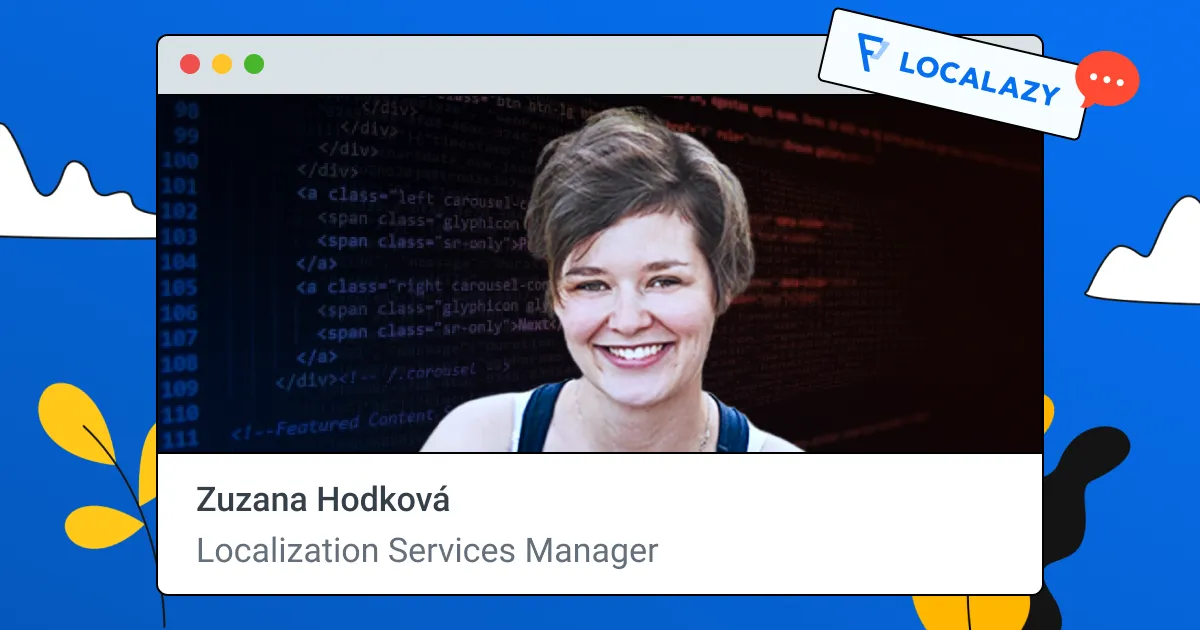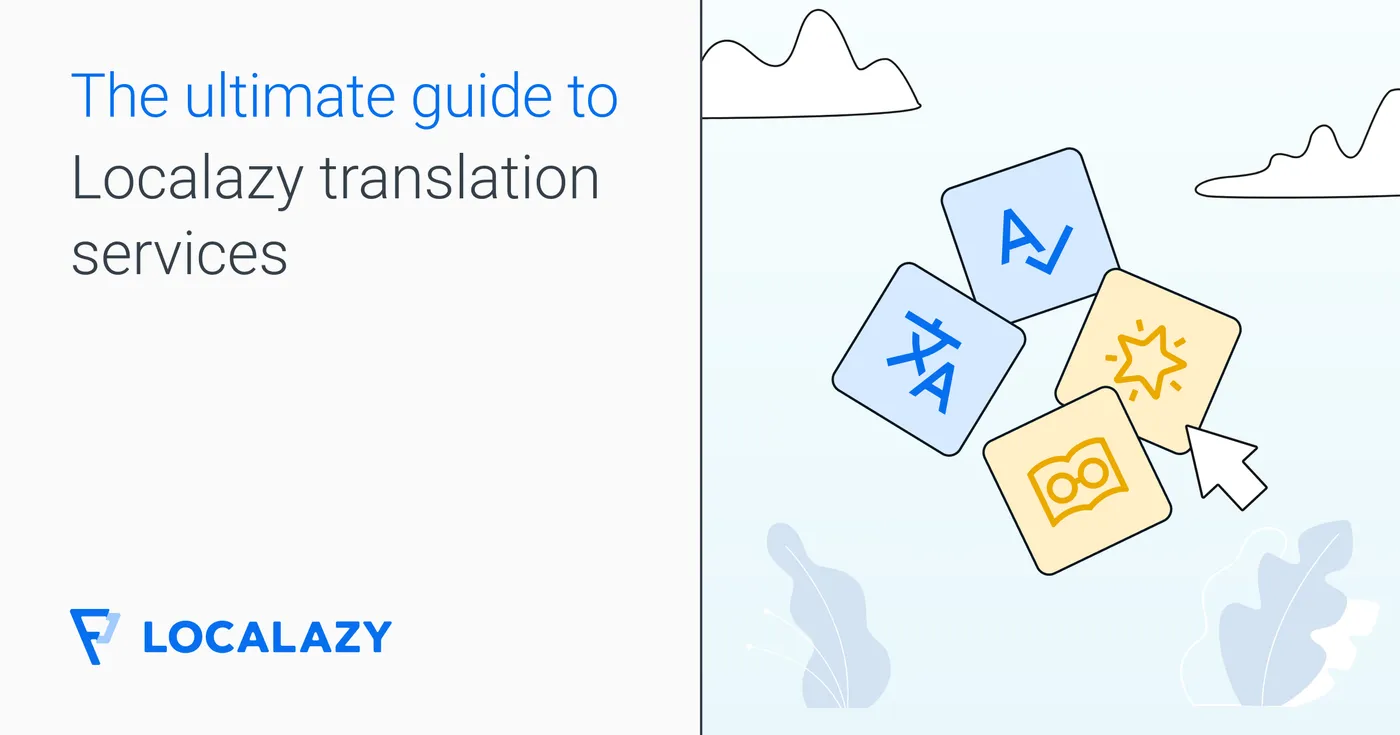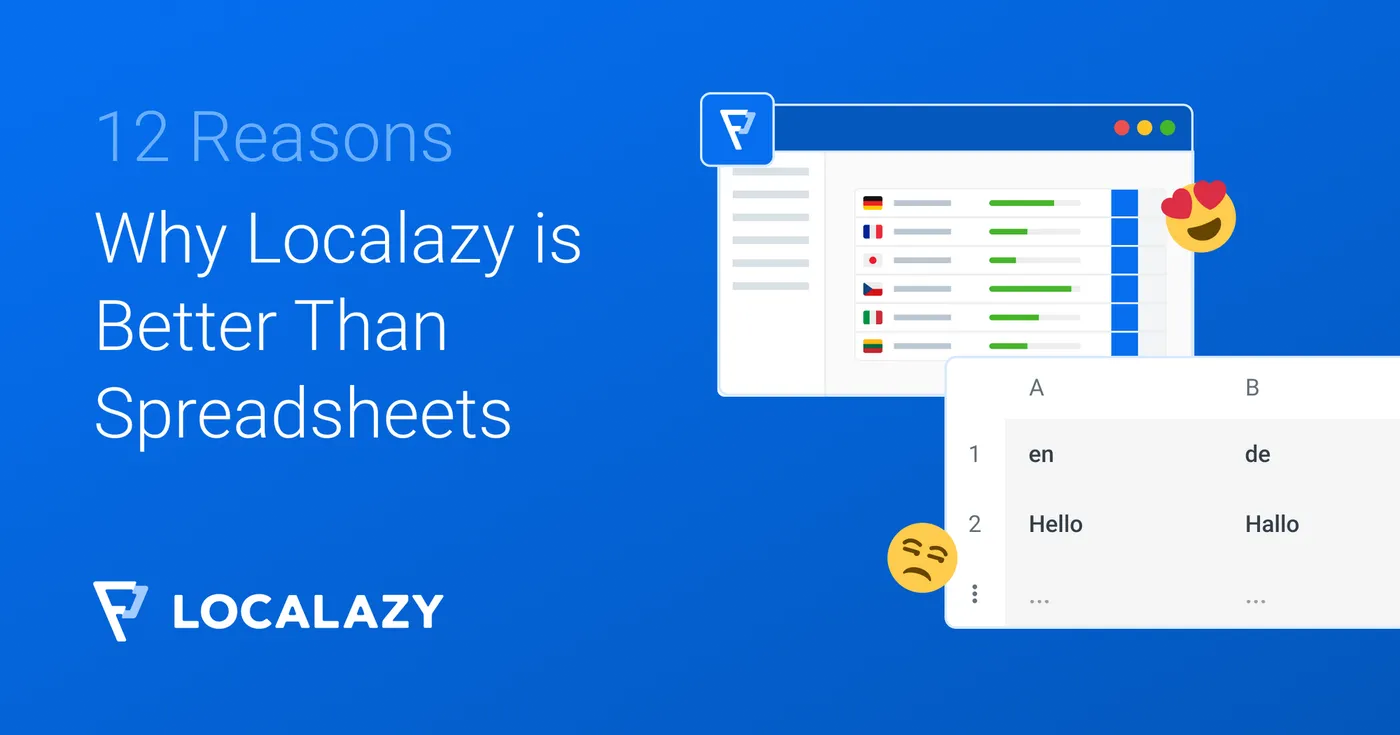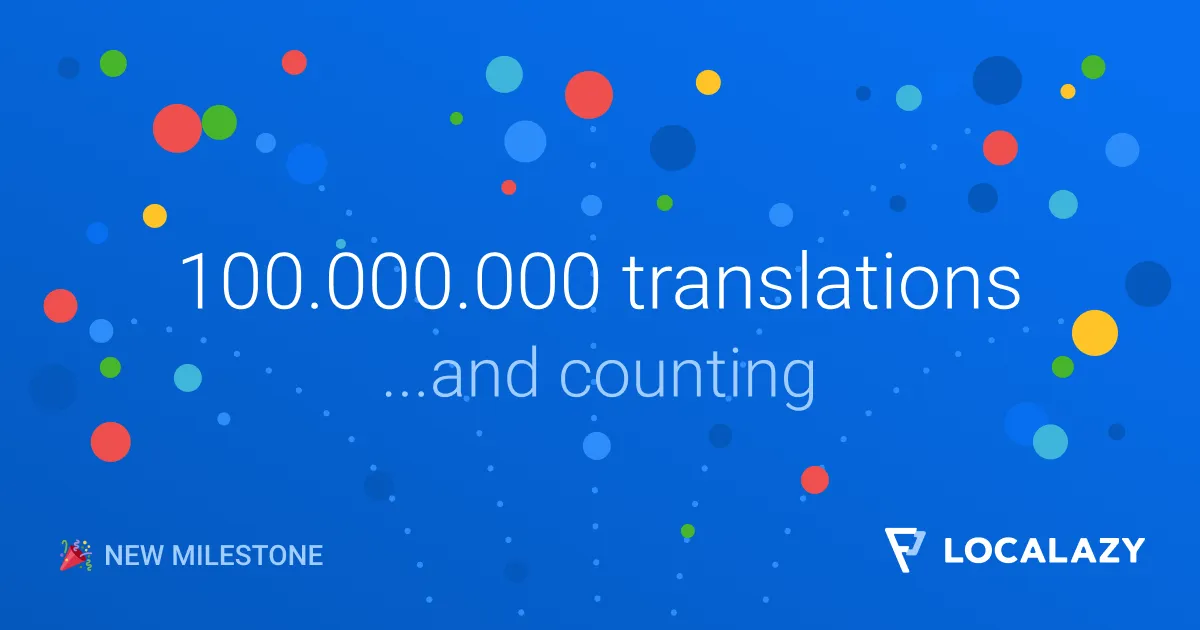Localization is at the core of what we do. And it's pretty evident we couldn't be doing it without a highly knowledgeable project manager. Today we put the spotlight on our amazing Localization Services Manager, Zuzana Hodková. At Localazy HQ, she's Zuzka for short -"I like it better because Zuzana sounds so tough!" she explains - and we couldn't live without her!
Zuzka, a pharmacist turned localization expert, is 35 and lives in the beautiful South Moravian town of Slavkov u Brna.🌳 🏰 She loves the outdoors and is an avid baker. She regularly oversees an impressive amount of processes with clients, translation teams, and stakeholders - so let's dive in and meet her!
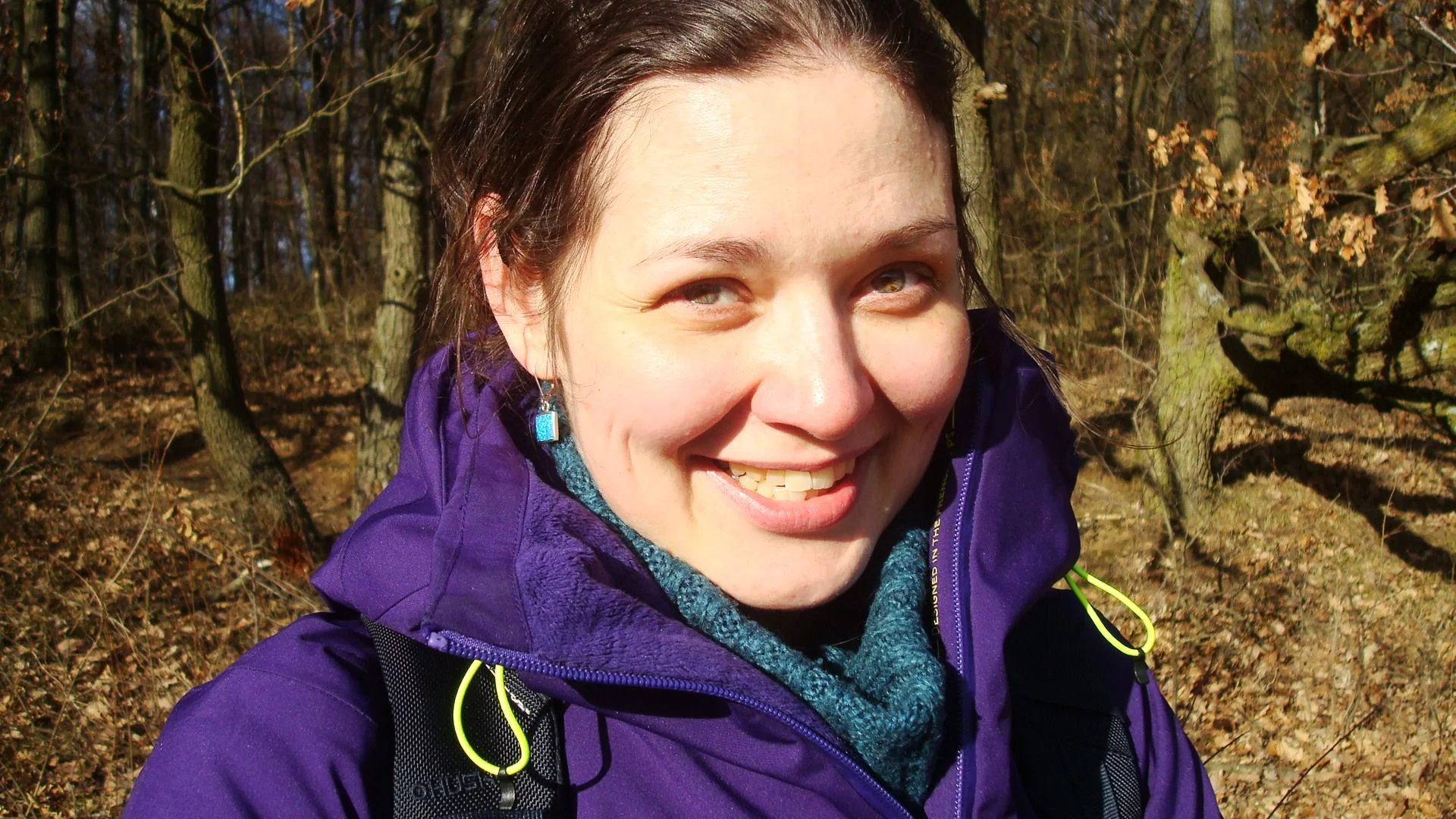
👋 Introducing Zuzka 🔗
Hi, Zuzka! Can you tell our readers what your role is in Localazy and the main responsibilities?
Hello! 🙋♀️ Well, at Localazy, I am in charge of the Continuous Localization Team, i.e. translation services. My main responsibility is to communicate with translators and clients when assigning projects and overseeing the quality.
What does a localization services manager do, and why is it an important role?
A localization manager is a dedicated person with management skills who understands how to automate content updates and set up a continuous translation process. ✍️ ♻️ Once you decide that you want to expand your product or service to other markets, to other areas of the world, a localization manager is there to help the people you're targeting understand what you want to offer or present to them in their native language.
How did you land in Localazy, and what is your favorite part about the job?
I have been with Localazy since the very beginning, first as a silent observer and supporter of our CEO, Vašek, at a time when the platform was just starting to develop. When Localazy went public, I was put in charge of the first clients and their projects. At first, we only provided human-assisted machine translations, but we gradually added selected language pairs for professional translations to our portfolio.
My work is varied; what I enjoy the most is the diversity. Working on different types of projects forces you to go a little deeper, learn about new things and study a bit about them. I put a lot of emphasis on consistency within a project.
I have been with Localazy since the very beginning, initially as a silent observer and supporter; then as manager of the first clients; and finally when we added selected language pairs for professional translations
What’s your prior experience and education? Do you have a background in tech?
I studied Pharmacy 🧪🔬 at the University of Veterinary and Pharmaceutical Sciences in Brno, so my original field of study is quite different. This means I don't normally deal with technical stuff that much.
Who are your main professional inspirations or role models, and why?
I have to be honest here. My main role model and inspiration is probably my boss (😉 do I get a bonus? haha) because without him, I couldn't even imagine doing anything different than pharmacy.
What are your hobbies and interests?
When I'm not working, I like to cook, bake, read, and do crossword puzzles. I also enjoy riding my bike, exploring new places 🚴♀️ 🌲 ... and coming up with fun activities for the kids!

💻 A day at Localazy 🔗
What does your usual workday look like?
I'm an early riser ☕, which means I get up between 5.30 and 6.00 and usually start my day with a glass of water and a cup of coffee. My daily workflow includes handling emails, checking existing projects and assigning new ones, and therefore communicating with translators and clients. And a bit of paperwork, of course. I always get the most work done by lunchtime, then my parasympathetic starts, and productivity drops. 😅
Any exciting project you’re working on at the moment?
Over the past few months, I've had the opportunity to work on several projects in so many different fields. Some examples are pig farming, marine, agriculture, cryptocurrencies, online marketing, gaming... Each of them is different but interesting at the same time - you get to broaden your horizons!
What does your decision-making process look like? And how does that relate to the rest of the team?
When a new project appears in the system, I first need to find out details about it - what is the source language, what language we are translating into, what is the focus of the project, the target audience, the terms in the glossary, the style... so that I can get in touch with the most suitable translator.
I usually communicate with the team if I come across an error or, in larger projects, when I need to filter only certain phrases for translation, change the source language, etc.
Check out how to order translation services with us here!
Localization managers have a lot on their plate: from QA to budgeting, creating timelines, and tracking client satisfaction. Is there any tool that helps you manage your workflows?
My head! 🧠 Oh yeah, and Excel/ClickUp. We also have a good custom-made back office management system that makes it easier for me.
How do you keep track of glossaries and other extensive documentation?
All important information is in the system. If there is an update in the project, I automatically check the Glossary. In addition, when entering translations, the client can also write a description of the project and add a link to their website or the app store, which will be displayed in the portal and to the translators.
What is your favorite piece of localization technology, and how does it make your work easier?
I love working with the DeepL translator because its possibilities are incredible, even in free mode. I am looking forward to the addition of new languages.
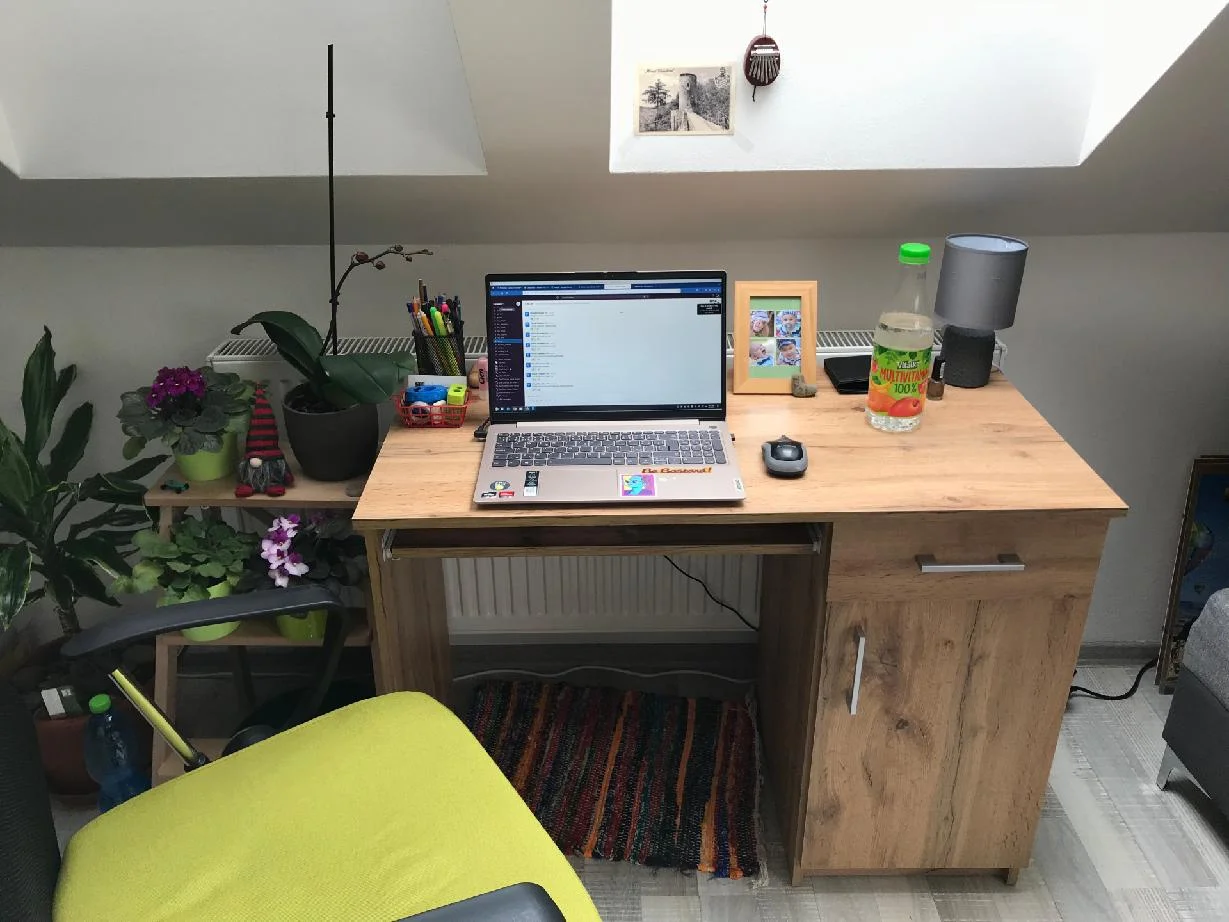
Can you walk us through the process of implementing a new language pair on the platform? What does it look like?
First, we select a high-quality supplier, which we verify 🔍, and then I set up a new language pair via the back office system. Everything else is then taken care of by automation, and within minutes the language pair is available to all customers worldwide.
How do you make sure that crowdsourced translations meet Localazy’s standards of quality?
We provide the Human Translation Validation service, which can help Localazy project owners with quality checks. The reviews are carried out by our translators. We work with trusted translators and put emphasis on understanding the context so that the translations are as close as possible to what the client wants to say in the language of the people they want to say it to.
🤝 It all starts here 🔗
One of the most challenging parts of being a localization manager is managing client expectations and cultural differences. How do you bridge those gaps?
Communication is key. For example, some clients find it harder to understand the difference between formal and informal styles because their language does not make the difference. Then you need to go deeper, look at existing translations in other languages, the target group, etc.
Translation and localization aren’t often one-and-done processes. How do you follow up on Localazy’s customers, and how does the platform allow them to update their content as they go?
Our CLT is tightly integrated with Localazy, so the activity of our translators, as well as the translations themselves, are processed on the platform in real-time. Our customers can still use all the awesome features of Localazy, edit translations, or upload new ones, and we will automatically react to this - translate everything new that needs to be translated. 🙌 That's one of the most important aspects we have in mind - to fully automate the process, including human translations.
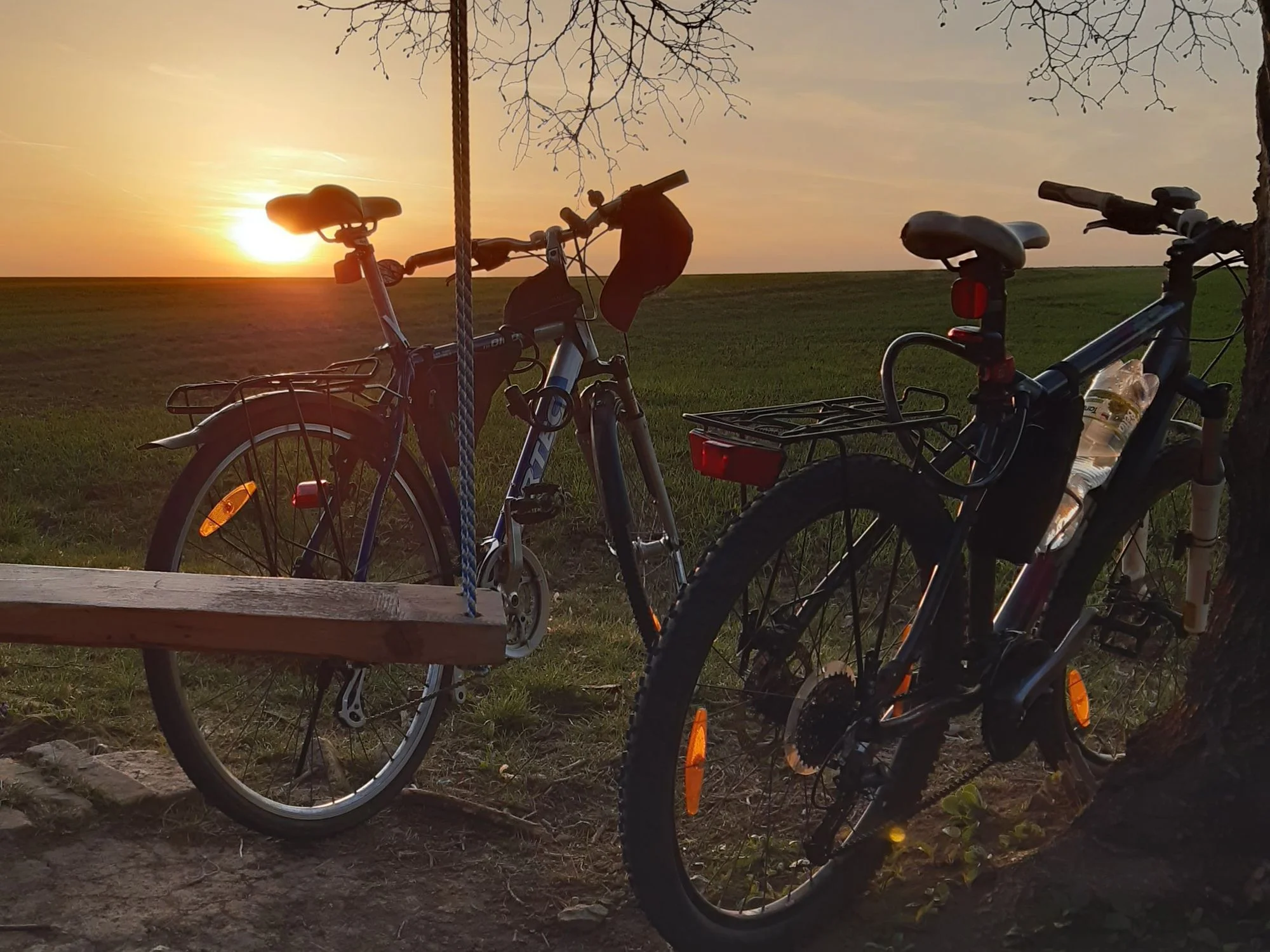
Good localization sounds native. How does Localazy ensure this?
Very simple: we just work with native speakers of the language into which we are translating, i.e., if the language pair is, for example, 🇬🇧 English> 🇹🇷 Turkish, the translator is a Turkish speaker who has a C2 or at least C1 level of English.
💬 Explaining localization 🔗
Imagine you’re talking to someone who doesn’t know what localization is. How would you stress its importance? 🤔
Localization is a process that involves translation, which is usually defined as the transfer of a text from one language to another. It goes further than that, though: it also involves taking care adapting the resulting text to the cultural environment of the target country and - where appropriate - adapting the tonality and style of the language to the target group we're addressing. So it's increasingly relevant, especially in a global landscape!
Have you noticed a shift in the way businesses look at localization processes over the last few years?
Yes! Clients obviously want their service users to "feel at home." But on the other hand, as a result of developments in recent years (covid, inflation, etc.) I also observe a desire to save money with an emphasis on the price/quality ratio.
Localization involves adapting the message to the cultural environment of the target country and, where appropiate, to adapt tonality and style to the target group we're addressing. It's increasingly relevant!
What are the main shortfalls companies experience before ordering localization services? Is there something they specifically struggle with?
In my opinion, they often just don't know exactly what to expect when they start with localization. Our job is to make the process easier and clearer.
Why should other localization managers choose Localazy?
We offer an integrated, comprehensive and automated solution; an intuitive UI; and customer-oriented support. What's not to love? 😃
🔦 Innovation & the future 🔗
What do you think “the next big thing” in localization is going to be?
The progressive use of AI, definitely.
Is the relationship between developers and linguists in the startup ecosystem going to stretch as time goes by? How do you think those roles will overlap?
I don't think they need to overlap - rather, they need to complement each other and work effectively together.
What is your take on automation and machine learning?
There's no way to avoid it...
Which language pairs do you think are going to be vital in the future of content?
If we look at the most used languages in the world, the following pairs are likely to come to mind:
- 🇨🇳 English<>Chinese
- 🇯🇵 English<>Japanese
- 🇮🇳 English<>Hindi
- 🇪🇸 English<>Spanish
What is your advice for anyone who wants to specialize in localization?
Don’t be afraid to start. Sometimes it hurts and takes a lot of time, but it’s worth it. And if you're struggling or confused and don't know what to do, don't be afraid to ask!
Anything else you’d like to add?
Have a wonderful day! 😄
Thank you, Zuzka, for letting us in and walking us through the localization process! Stay tuned because we'll be talking to another member of the Localazy team very soon. 👀
